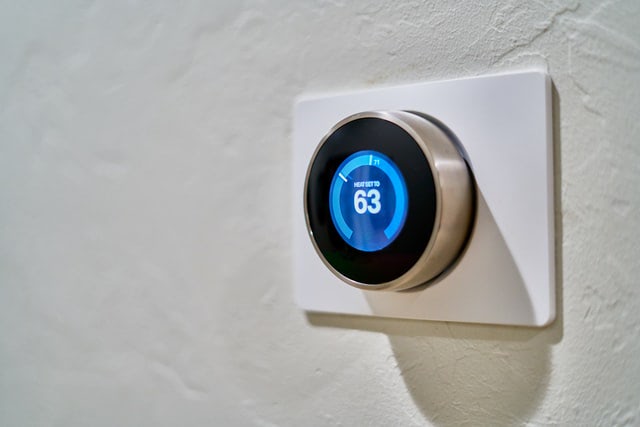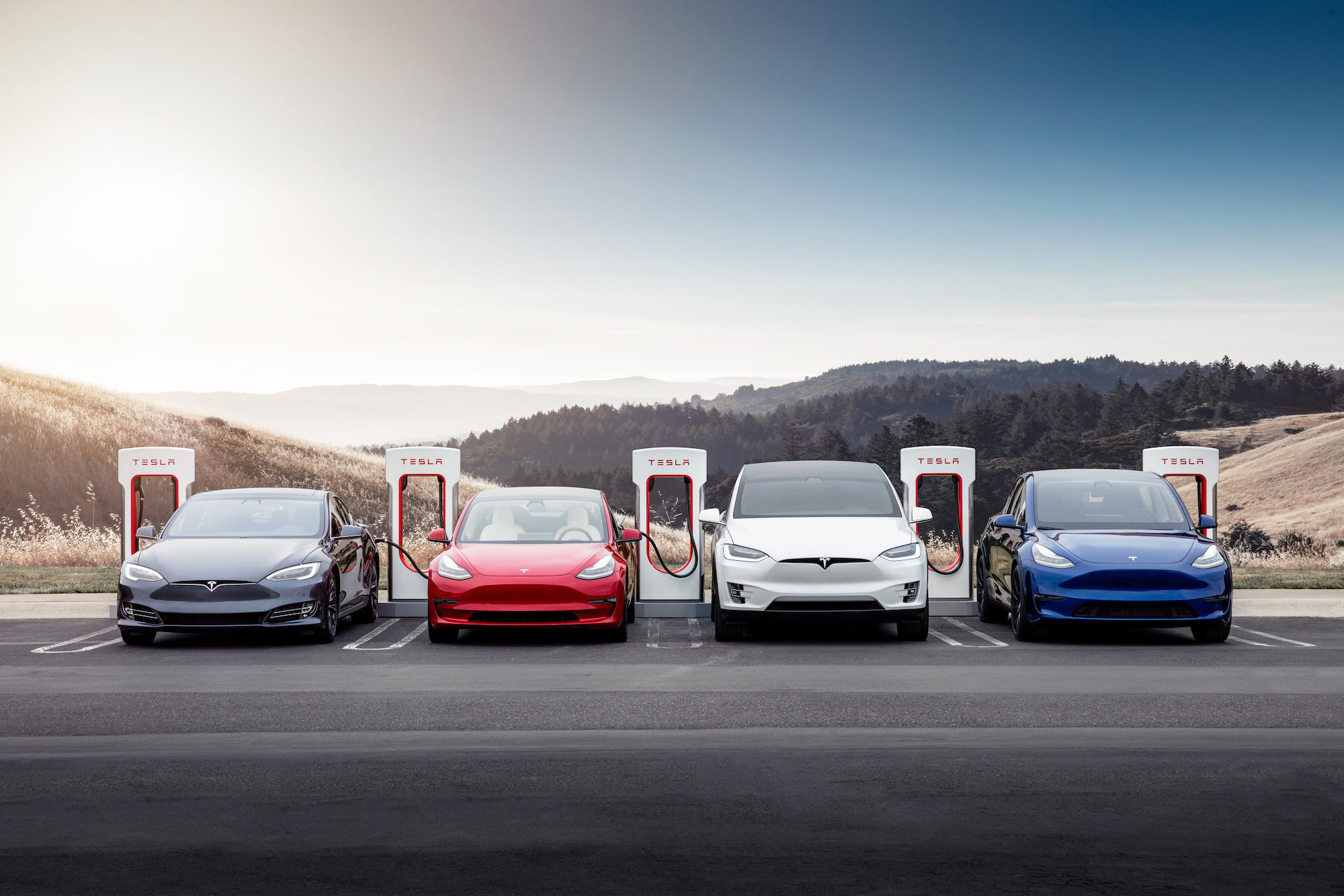How to Be More Energy-Efficient This Summer
The average monthly electricity bill for residential households in the U.S. is $115, according to some of the most recent estimates. Of course, in the summer, bills tend to skyrocket throughout most of the country, where high temperatures are common. If you’d like to be more energy-efficient, save money and lessen your impact on the environment, there are many ways to do so. Even the smallest changes can add up to a big difference.
Set Your Thermostat to 78 Degrees
Setting your thermostat to 78 degrees in the summer can help you save as much as 10 percent in energy costs, according to the Department of Energy. If 78 feels too warm, consider adding fans. Using a box, standing, or ceiling fans can help cool your home while allowing the thermostat setting to be four degrees higher without affecting comfort levels. Every degree your thermostat is raised above 72 degrees saves 3 percent on cooling expenses.
Get a Programmable Thermostat
You can be more energy-efficient with a programmable thermostat as you’ll be able to program it to a warmer setting when you’re away. You can also set it to begin cooling your home before you return, so it will be comfortable as soon as you walk in. One that’s wireless can allow you to control your air conditioner from your tablet, smartphone, or desktop computer no matter where you are.
Switch to Propane
Propane is not only cleaner and better for the environment than natural gas, it’s safer to use and offers more flexibility. While many homes use it for heating in the winter, it can also be used in the summer to increase energy efficiency too. For example, it can power many appliances in your house to save energy, such as a clothes dryer, water heater, and stove. Plus, you won’t have to worry about power outages making them unusable during a summer thunderstorm. Propane can be used for a backup generator to ensure your home has power should it go out, as well as for patio heaters on chillier summer evenings and outdoor grills. Plus, there are many options for propane delivery in most communities throughout the country.
Reduce Water Usage
Water usage typically increases during the summer months due to everything from taking more showers to washing the car more often and watering your lawn. You can help make your home more energy-efficient by installing low-flow water fixtures on your sprinkler, toilets, and showerheads. Keep costs down further by watering plants and grass only during early morning hours or at dusk, when the water won’t evaporate in the heat.
Unplug
Whenever you’re not using electronic devices, including your TV, chargers, computers, and small appliances, keep them unplugged to save on energy use and your monthly bill.
Avoid High Heat Cooking in the Summer
As often as possible, use your grill by cooking outdoors during the summer. The less you’re in the kitchen this time of year, the better, as your oven and stove raise the temperature in your home, which means your air conditioning costs will be even higher.






